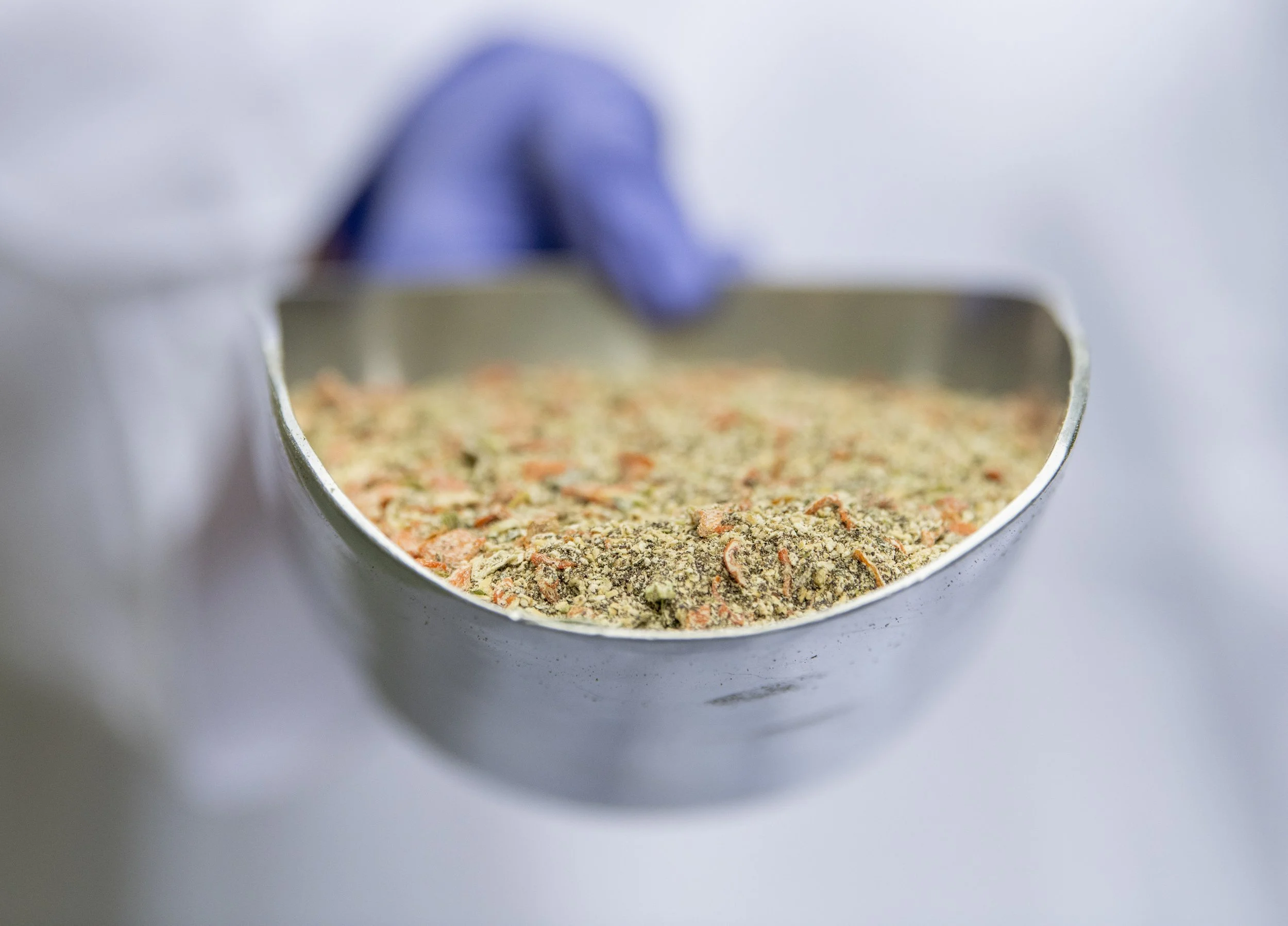G’s Formula Research
G’s Formula: First Canadian Equine GI Supplement on the Market Backed by Published Research
Beginning in 2016, we informally field-trialed G’s Formula with our own horse, Giotto (aka, “G”), and a few others that all suffered from gut issues, including ulcers. Every horse’s symptoms improved while on G’s Formula! Consistently, we noted that their manure production normalized, impaction colic events were much less frequent (or ceased to occur), ulcer symptoms faded, and every horse was generally happier, and healthier than before.
If G’s Formula Works, Why Bother with Research?
The findings weren’t particularly surprising to us, because we knew the advantages of each ingredient individually. But it wasn’t clear why the combination was working as dramatically as it was, and we wanted answers.
Guided by head researcher Dr. Wendy Pearson, we partnered with the University of Guelph in 2017 to conduct a formal, clinical study of G’s Formula to better understand how and why it benefits horses. And we have been extremely thrilled with the findings from each piece of this partnership to date!
Because we choose to reinvest our profits to support this research, we know the process will take a bit more time. Each set of results serves up more questions, which in turn drives the next study, and we anticipate this process to be ongoing.
Thankfully, Dr. Pearson understands our curiosity, and continues to help us uncover new and exciting findings.
Rather watch than read? Click here to see the 2021 interview with Dr. Pearson about G’s Formula Research.
5 Key Findings: G’s Formula Benefits the Equine GI Tract
1. Improves Gut Motility and Nutrient Absorption
Research found evidence for the use of G’s Formula as a prokinetic feed supplement for horses. G's Formula encourages regulated gastrointestinal motility, allowing for more efficient feed digestion and improved nutrient absorption. When food moves too fast through the GI tract, your horse may have diarrhea or even normal manure production, but nutrients aren’t being absorbed as they should be. When food moves too slow, horses are at risk of impaction colic.
2. Reduces Fecal Dry Matter and Increases Water Intake, which Protects Against Impaction Colic
This study also noted a significant decline in fecal dry matter in the horses fed a higher amount of G’s Formula, indicating a possible protective mechanism for horses at risk for intestinal impactions.
A second study found that horses consuming G’s Formula had decreased fecal waste and a lower amount of fecal dry matter. This means that horses on G’s Formula are better able to digest their feed and are drinking more water, both of which greatly reduce the likelihood and severity of impaction colic.
3. Promotes GI Tract Healing and Ulcer Prevention with Natural Ingredients
SMM (also known as “Vitamin U”, the predominant enzyme in cabbage) and beta glucans from oat groats are well known to reduce stomach acidity, thus healing and preventing gastric ulcers. Other amino acids and vitamins found in G’s Formula ingredients are essential to cellular regeneration in the GI tract, tissue repair, and removal of toxins.
4. Improves Blood Viscosity (Reduces Rouleaux Formation)
‘Rouleaux’ describes a stacked formation of red blood cells, and is an indicator of blood viscosity. Increased rouleaux in healthy individuals is generally undesirable, as it reduces red cell surface area available for gas exchange.
For colicing horses, elevated rouleaux formation is often associated with fatal outcomes, whereas colic patients with lower rouleaux formation tend to have improved clinical outcomes.
In the second study, horses that were fed G’s Formula showed a significant decline in rouleaux formation post-exercise.
5. Reduces Exercise Fatigue
In the second study, G’s Formula was fed to actively racing Standardbred horses. G’s Formula was found to produce changes in electrolytes associated with pH balance, which may indicate that G’s Formula (as an alkalinizing substance) plays a role in delaying the onset of fatigue in exercising horses. (Waller et al., 2010)
At the end of this study, horses on G’s Formula had significantly higher Co2 (blood oxygen levels, associated with enhanced performance) than the control horses. Increased plasma Co2 is a physiologically desirable occurrence for animals exercising at high intensity, as this will buffer (to some extent) accumulation of H+, which contributes to the onset of fatigue (Raymer et al., 1985).
Read the Published Research Papers
Click here to read the first published research paper
Click here to read the second published research paper
Click here to read the third published research paper
Read the December 2021 Press Release About this Exciting Research
Equine Supplement Research Explores Potential Gastric Health Benefits
Ready to try G’s Formula?
Learn more about G’s Formula and shop for yours today!

